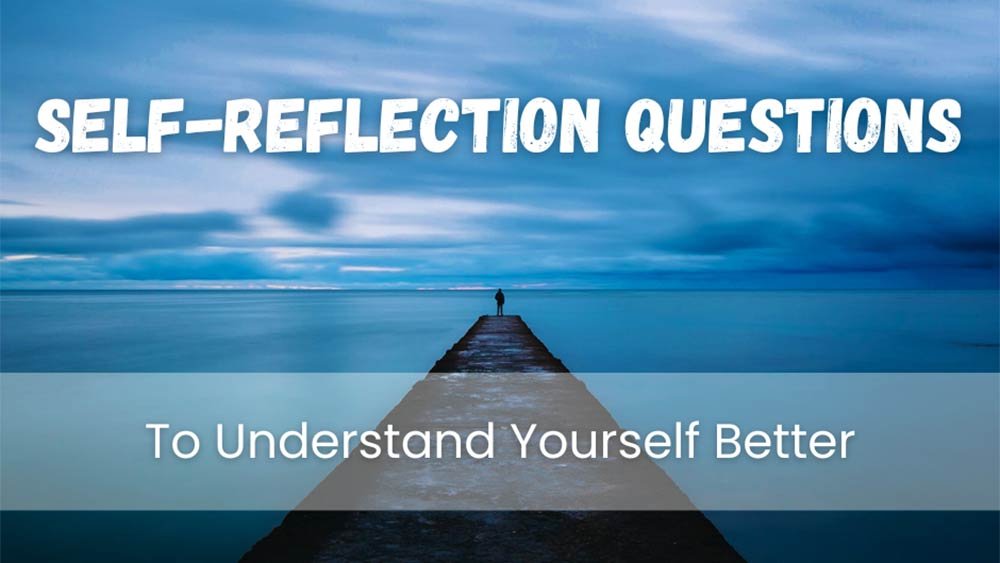
How to Control Anger: Effective Strategies for Managing Anger and Emotions
Do you fume on little things and it makes your anger out of control? We all have anger, a healthy emotion, but sometimes it can cause shame and even control ourselves. It can harm our health and relationships if uncontrolled. Anger can be the worst hindrance to achieving mental health goals if not managed properly.
Get ready to learn how to control your anger with our expert tips and identify the triggers of your anger.
What is Anger?

Anger is “an emotional state that varies in intensity from mild irritation to intense fury and rage,” according to Charles Spielberger, PhD. This psychologist specializes in the study of anger.
Anger is an emotion that arises when someone has done wrong to you, or even in a wrong situation. Everyone feels this emotion like other emotions: happiness, sadness, and excitement. It’s normal to feel anger, but it’s not good to be overwhelmed by it or express it in a way that harms others’ feelings.
Uncontrolled anger has many bad effects on overall health. It can cause headaches, insomnia, digestive issues, increased anxiety and depression, skin problems like eczema, high blood pressure, and even a heart attack.
How to Manage Anger?

Anger is a common feeling, and according to research by NIH declares that 7.8% of US adults cannot manage anger appropriately. Most adults and teenagers don’t know how to control anger. It badly affects relationships, and even anger leads to hate. The most commonly used treatments for anger are cognitive behavioral therapy and mindfulness.
Several studies have used cognitive behavioral therapy for the treatment of anger and aggression. It has been found that cognitive behavioral therapy can effectively manage and reduce anger-related feelings and behavior.
Mastering Anger Management: 11 Effective Tips for Emotional Control
The following techniques can also help you control your anger and teach you how to control anger immediately and at the moment of heat.
1. Do Relaxation Exercises

When the anger bursts out, and you feel your muscles are in tension, do some relaxation exercises like mindfulness, etc. Manifestation meditation will also help you to calm yourself by setting a goal to control the anger in reality and you will learn how to let go of anger.
2, Think Before You Speak

At the moment of anger, try to control yourself, and think before you speak. This will save you from later regrets and shame. Try to listen to others, too.
3. Take a Breath

Deep breathing can help you most to control your anger immediately at the moment. Taking deep breaths will calm you at the moment, and you will feel relaxed, and your anger level will be down. At that moment, you can also ask self-reflection questions that can create a great impact on the mind.
4. Walk Around

Going to walk around from the place or changing the environment can lower the anger. Engaging in activities like walking, jogging, cycling, or going for a drive can swiftly uplift your spirits.
5. Physical Exercise

Physical activity, like aerobic exercise, has proven effects in reducing anger. It reduces the stress hormones in your body, like adrenaline and cortisol. Exercise stimulates the brain’s chemicals, endorphins, which are the mood elevator and painkillers for our body.
6. Gratitude Meditation

Gratitude meditation is another powerful meditation for anger. This meditation makes you feel grateful for things you are blessed with. People who practice gratitude meditation are more concerned and sensitive about others’ feelings, and they are less aggressive and more compassionate.
7. Stop Talking

When you feel angry, try to stop yourself from speaking. It’s like shutting your mouth as you did in childhood. This technique can help you calm down and help you think before you speak, preventing you from saying hurtful things to anyone. It’s a fact that when we’re angry, we often say unkind things to others.
8. Practice Mindful Affirmations

Practicing with positive mindful affirmations will bring positivity to your behavior and control yourself. Find a powerful mindful affirmation or self-control anger quote for yourself, “Like no one can spoil my good mood,” and practice it as a reminder when you feel something is irritating you.
9. Perform Activities That Make You Laugh

Find a way that makes you laugh. It can be anything: watching a funny movie, scrolling the memes, or playing with kids. Laughing is a therapy to diffuse the anger and depression you feel at the moment.
10. Talk to a Friend

When you find yourself in a state of anger, reach out to a trusted friend. Look for someone who embodies the qualities of a good friend and aligns with your friendship goals. They can offer you a new perspective and insights about the problem, which you might not have considered in your anger.
11. Express Your Anger

Build confidence to express anger constructively. Anger is an emotion, and in many cases, being angry facilitates relations by solving misunderstandings and problems. It’s better to be angry at the moment than to keep a grudge in your heart.
How to Control Anger in Relationships?

Uncontrolled anger leads to toxic behavior in relationships and even ruins relations. By following some tips, anger can be managed in relationships:
- Commit with your partner that when you are stuck in an argument, take some time to relax and discuss things when cool down.
- Listen patiently to each other and write a journal about which things trigger anger in your relationship. Writing a journal is also one of the most powerful manifestation techniques.
- Never be accusatory; instead, talk with the perspective using “I” like I feel bad when you don’t listen to me attentively.”
- Practice mindful relationship habits.
- Learn techniques to block out noise mentally in order to bring about a change in your behavior.
- If you have other psychological problems with anger, then seeking out help from a professional is the best way. A healthcare professional points out techniques to control anger, like joining anger management classes, family therapy, etc.
Common Triggers That Can Make You Angry

Identifying the triggers can help in anger management. Some common triggers that make you feel angry are:
- Insulting behavior
- Bullying
- Feeling not listened to
- The feeling of being mistreated
- When someone makes fun of you
- Feeling unsafe
- These are some of the triggers; however, triggers can change from person to person due to everyone’s different psychology
Final Thoughts
It can be difficult to control your anger, but not impossible. With a positive mindset and our suggested tips, you can overcome uncontrolled anger, as it can be a backlash for your relationship. However, seeking medical help is crucial if your anger is damaging relationships and your health.













